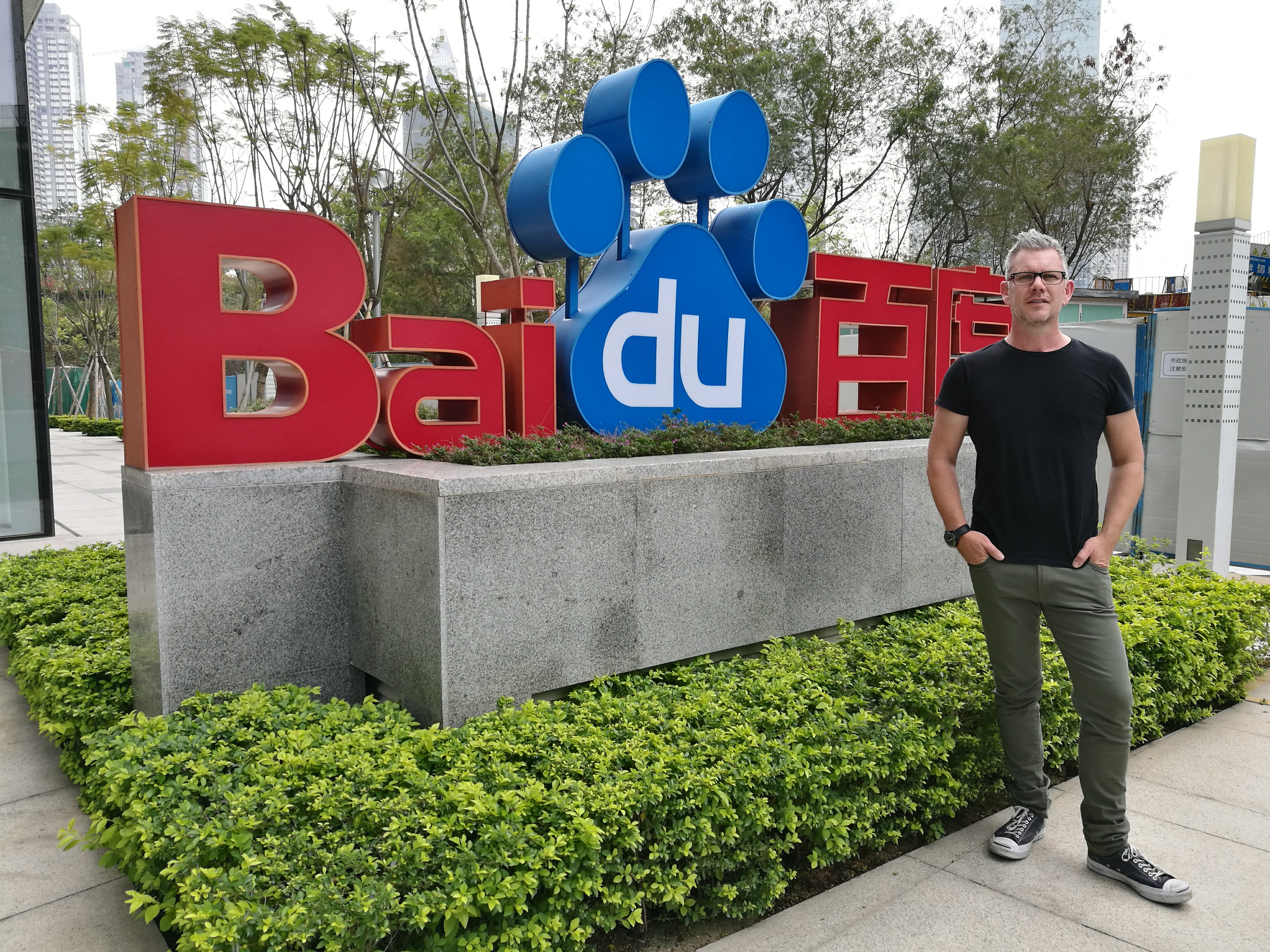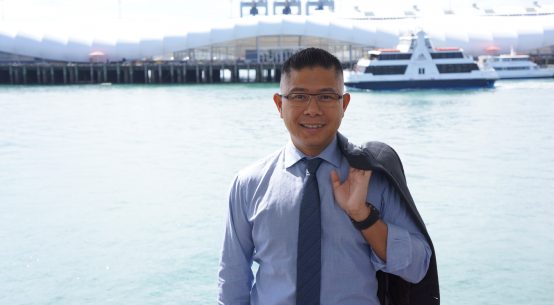
Auckland – As the nation considers how New Zealand will look as a digital society in 2030, Kiwis need to take a moment to look back the equivalent period of the last 13 years, a prominent tech expert says.
In 2005 there was no Uber, Tesla, Airbnb, WeChat, WhatsApp, Viber, Tinder or even a first iteration of the iPhone, many transformational technologies that now enhance our lives that we take for granted, says Leigh Flounders, a New Zealand chief executive award winner last year.
In 2005 for financial services, we Kiwis paid exorbitant fees for foreign exchange, were required to go into a branch to open an account, provide two types of ID to take out an overdraft, used cards rather than mobiles to pay for stuff, and had to speak to someone if there was a bank error.
In 2018… well in the New Zealand financial sector not much has changed, NZTech board member Leigh Flounders says.
He is speaking at the international Digital Nations Summit at the Cordis in Auckland which opened today. The event has attracted 500 tech and business leaders, including 200 from overseas, and has been organised by NZTech and Conferenz.
“Technology has transformed many industries but much of the basic infrastructure we use as a society has changed little. Think how clunky RealMe is, the New Zealand government’s single sign-in (forgot your password again?)
“In fact, for financial services change is glacial, the first online cheque account was created in 1995 by Wells Fargo, the first mobile payment was made by Text massage to a Coca Cola vending machine in 1997 and Google Wallet was actually first released in 2011.
“But from an aspirational perspective change is coming, and its coming faster than ever, with New Zealand ready to make giant leaps in the coming years in AI, AR, food science, autonomous vehicles and green technology.
“New Zealand, along with tech superstar Dubai, has being named in the top 10 countries in the world poised to move to driverless cars, according to KPMG’s Autonomous Vehicles Readiness Index.
“The Dubai autonomous transport strategy aims for a quarter of the cars on roads to become driverless by 2030, so one can only assume that the New Zealand Transport Agency has concrete plans to match this audacious and futuristic goal.
“One area of excitement for me is the stratospheric goals of some Kiwi businesses in green technology processing power, think GPU server farms using renewable energy and providing load balancing benefits to the New Zealand electricity industry whilst supplying processing power to international AI projects.
“Or how about vertical farming for our cities following the global trend. Money, from the likes of Japan’s top tier SoftBank Vision Fund, is pouring into this market.
“Growing hydroponic vegetables in 10-storey buildings on the edge of the city with no insecticides, or logistical issues associated with traditional farms. In the US it can take up to a week to get that lettuce to the supermarket alone.
“Then couple that with meat-free look and taste alike products such as New Zealand based SunFed meats bringing disruption to the New Zealand farming industry and globally to the $US90 billion meat market. One thing that looks extremely likely is that New Zealand has a genuine opportunity to be at least partially meat-free by 2030 whilst consuming a wide array of vegetables “farmed” by innovative, ecologically friendly technology businesses.”
Flounders says the future is bright for many industries as technology transforms the landscape of New Zealand society. For financial services he looks forward to ubiquitous mobile payments hopefully around the corner and at the very least not having to call up an 0800 number when the bank makes a mistake.
For further information contact NZTech Board Member Leigh Flounders 021 501294 or Make Lemonade editor-in-chief Kip Brook on 0275 030188.
Photo: NZTech board member Leigh Flounders



